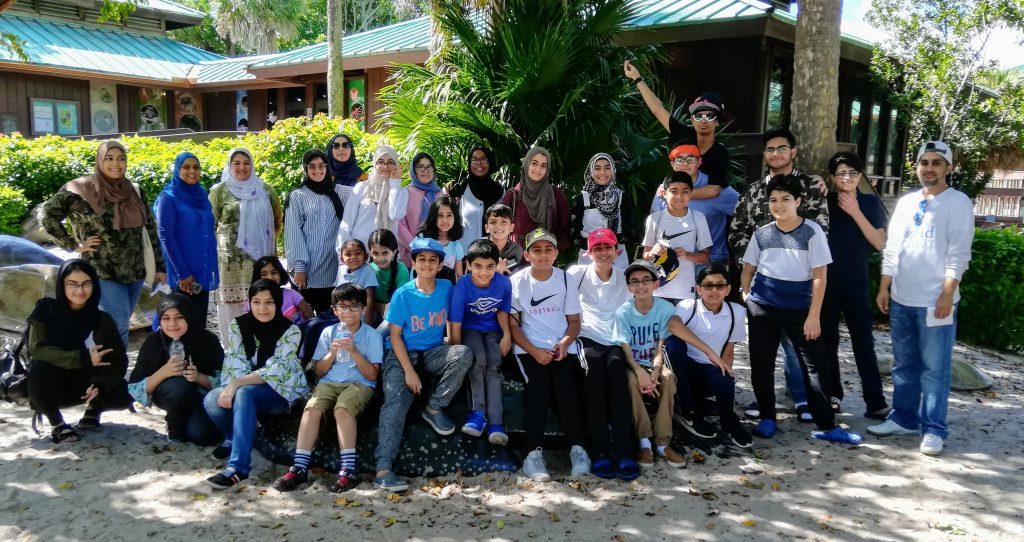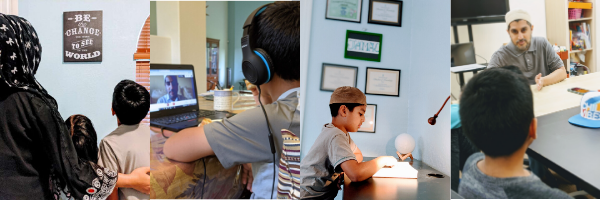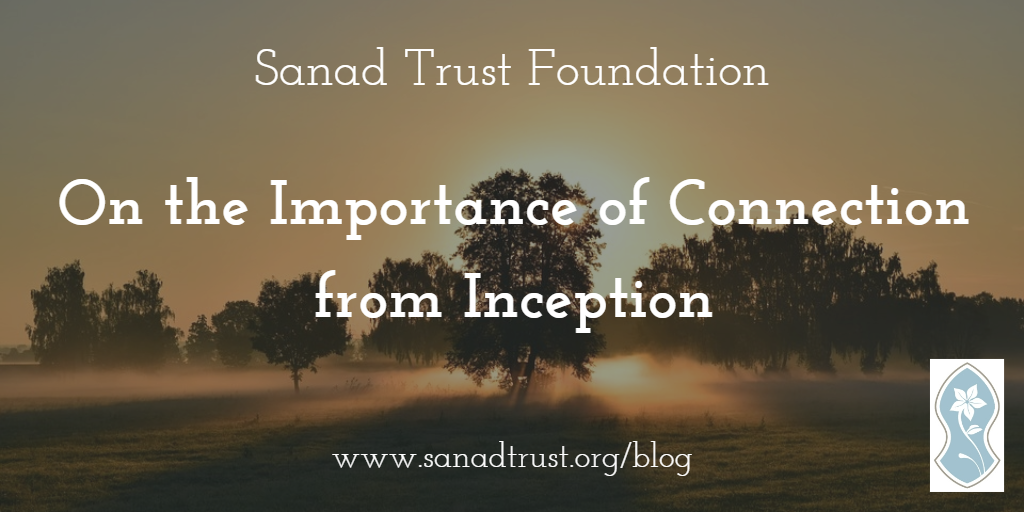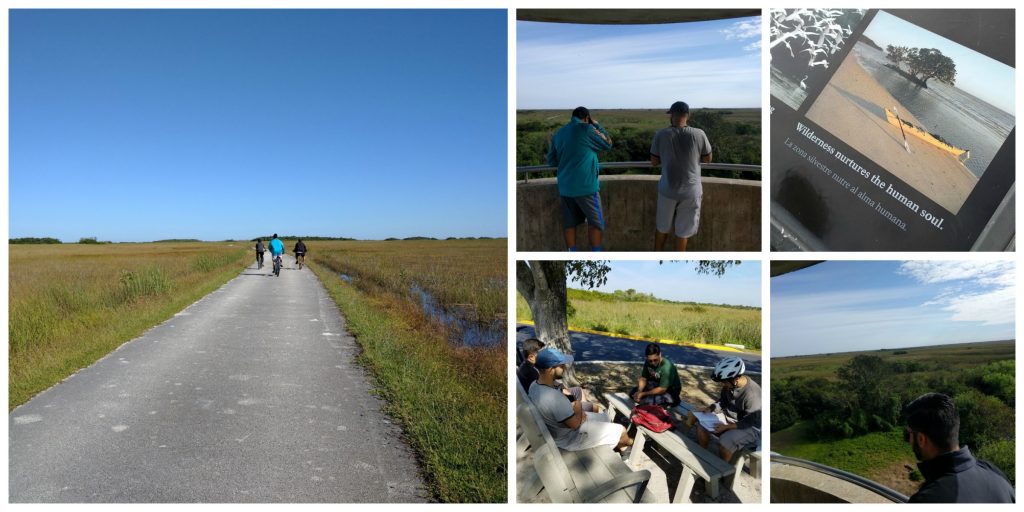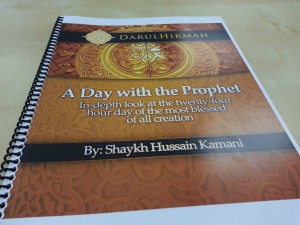Assalamu Alaykum,
How are you and your loved ones? How are you all feeling? I pray you are well. Are you feeling a little overwhelmed? Thrown for a loop? There have been days recently where it seems as though everything is spinning and still at the same time. Or like sand is shifting beneath our feet. Things are changing rapidly.
We are in unpredictable times. Many people are feeling helpless, isolated, and anxious. At the same time, so many are reaching out on social media and asking, “How can I help?”
So, I ask you, how can Sanad Trust Foundation help?
Because we care about the safety and well-being of those we serve as well as our volunteers, staff, and community, we are following protocol and cooperating with local authorities every step of the way.
We didn’t expect to be considered “nonessential,” but here we are practicing social distancing, working from home, and creating a real online community to provide a soul-centered education to every child, family, and community. Its the reason why we do what we do.
As much of our attention is focused, rightly so, on those needing critical services like health care, food, and shelter, we want to continue to inspire, encourage, and empower our community during this precarious time.
I want to take a moment to share how Sanad Trust Foundation is responding to COVID-19 and how we are trying to help:
- We have seamlessly moved our full-time educational service, Sanad Prep Learning Center, online…maintaining a high-quality, accredited, and spiritually nourishing education for our students and families
- We are live-streaming our Sanad Prep Morning Assembly class for free daily to help any family teaching kids from home, giving them an uplifting way to start and organize their days. Its a great way for anyone working from home to start their day too!
- We transformed our cancelled benefit gala, “A Sanad of Love”, into a free online series for children and families every Saturday. The series includes recognition of our elders, advice for parents and adults, and a live reading of Falcon & Finch, an original, book-length narrative poem inspired by my children. As part of the reading there is an ongoing drawing contest with submissions from children all around the world!
Cancelling our benefit gala was a tough, but necessary decision. However, we took the anxiety and concern of that decision, and chose to make it into something positive and beautiful for our organization. Coming up with creative and new ways to give even more to children, families, and community has been a wonderful blessing in the midst of all this.
We look forward to the moment our doors open and our programs resume. Until then, we will work to make up for lost time where we can and set a course for the future. We hope that you will join us in making sure that our mission remains sustainable as we navigate this unknown territory.
We believe in keeping love, joy, and patience flowing – even while engaging in social distancing.
When all of this is over, our children will need the stimulating and spiritual environment of Sanad Prep, families will need a place to come together for good suhba more than ever, and community members of all ages will require emotional and social support to ensure their well-being.
That’s why I’m asking you, to consider giving today and supporting our efforts during this incredibly difficult period.
I am also personally inviting you to join us this Saturday for a very special Sanad of Love online conversation with Sh. Yahya Rhodus (Executive Director of Al-Maqasid Institute), Br. Hassan Shibly (Executive Director of CAIR-FL), and myself. We’ll be discussing the future of the American Muslim Identity.
We will get through this — together while apart. We will adapt. We will learn lessons. On behalf of Sanad Trust Foundation and all those we serve, I want to thank you for your support.
We couldn’t do this without you.
Be safe,
Rehan Mirza
Founding Executive Director
Sanad Trust Foundation
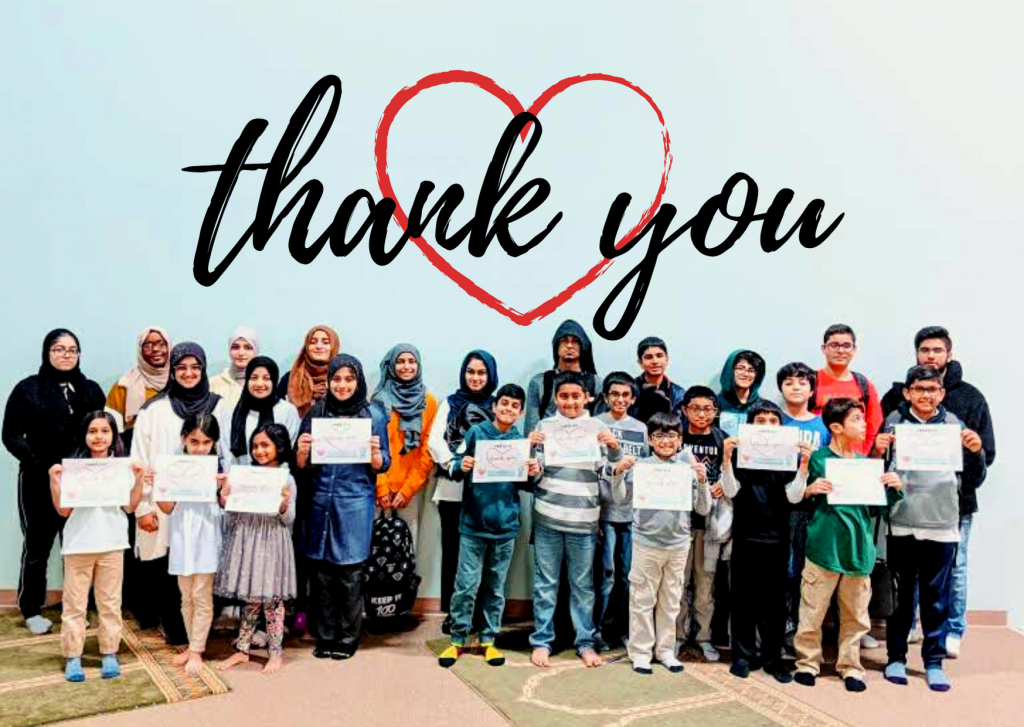
This is a test bio for the widget style

